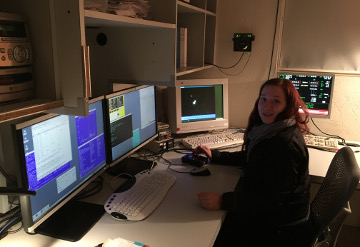
Whipple Observatory, 1.5-meter control room
In the cold winter of 2017, I traveled to the Fred Lawrence Whipple Observatory with Prof. Lucas Macri to use the 1.5-meter with the FAST spectrograph. Photo credit: L. Macri

In the cold winter of 2017, I traveled to the Fred Lawrence Whipple Observatory with Prof. Lucas Macri to use the 1.5-meter with the FAST spectrograph. Photo credit: L. Macri
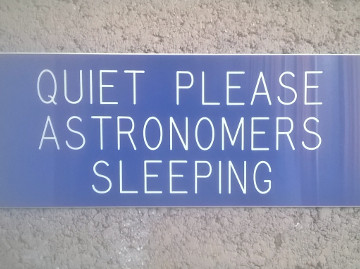
These signs are all over observatories, and they're very necessary! We conduct our observations at night, which requires us to sleep during the day — when everyone else is awake.
As you walk down the long road, this is the beautiful sight that greets you 'round the corner.
Here's the size of this telescope compared to me! The odd rhombus-like object next to my head is the FAST spectrograph, attached to the back of the telescope at the focal point called the Cassegrain focus. Photo credit: L. Macri
This is the building for the Multiple Mirror Telescope (MMT). This telescope is amazing! It's essentially a 6.5-meter telescope housed in a cube that moves. Yes, the ENTIRE building will rotate as you're observing (rather than a dome top rotating) — this means that you can't park too close or your car could be hit **by a building**. Crazy.
I love this picture because it shows off the way the mountainrange looks at sunset. Also, in this picture, we're standing outside the building holding the Multiple Mirror Telescope (MMT). The railing you see on the left side of the image is actually an INCREDIBLY steep road that goes down — it's so steep that it has heating underneath it so that no ice ever freezes on it (or horrible crashes would happen). Photo credit: L. Macri
So you can fully apreciate how large a 6.5-meter telescope actually is :) Photo credit: L. Macri
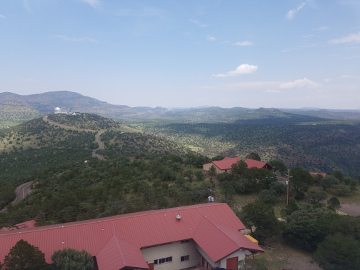
The view from the McDonald Observatory is just stunning! This is one example, and the red roof building in the foreground is the astronomer's lodge. In the background, the little silver dome is actually housing the Hobby Ebberly 10-meter telescope (HET)! It's actually massive.
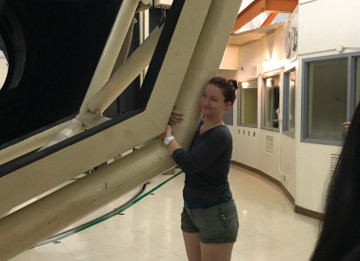
I really love this telescope. It's the first massive one that I ever got to see and it's in Texas, so it's very close to my heart. On one of our recent NSF REU trips out to the McDonald Observatory, our tour guide lowered the telescope to stow position, and I couldn't help myself — I had to touch it, then suddenly I'm hugging a telescope. Photo credit: J. Myron
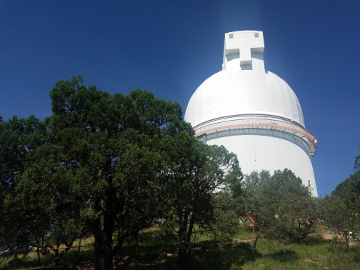
...
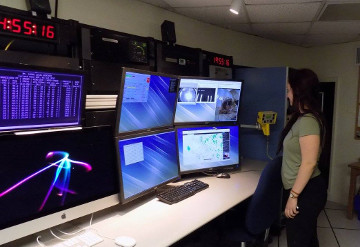
These are just SOME of the screens in the 2.7-meter's control room. Photo credit: REU student
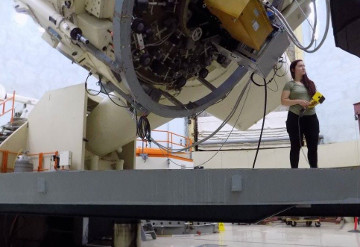
The 2.7-meter at the McDonald Observatory is an amazing telescope. Not only is it beautifully balanced, it's also the only telescope to survive a gunshot to the face (it's an interesting story)! In this picture, I'm standing on a ramp that lifts so that the observatory staff can change out instruments on the back of the telescope and/or do maintenance. Photo credit: J. Marshall
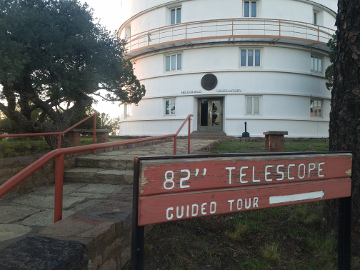
This is the oldest telescope on both mountains, and it's the most beautiful.
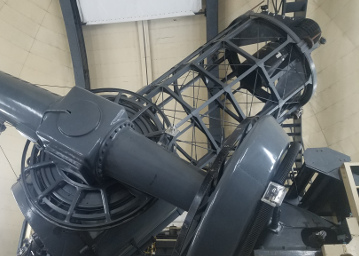
...
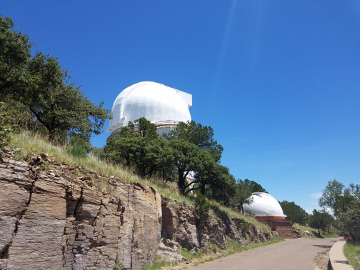
...
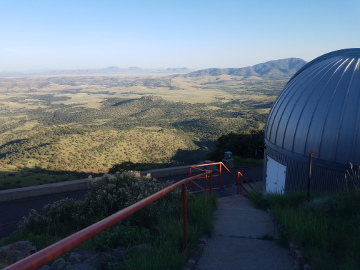
This telescope lives around the corner from the 2.7-meter, and is the telescope TAMU people used in the summer as part of the summer NSF REU program. We would take our REU students out to this observatory and teach them how to use this amazing telescope — good rule of thumb: the smaller the telescope, the more hands on you get to/have to be!
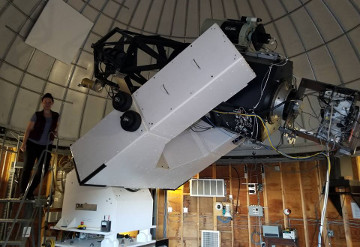
This telescope lives around the corner from the 2.7-meter, and is the telescope TAMU people used in the summer as part of the summer NSF REU program. We would take our REU students out to this observatory and teach them how to use this amazing telescope — good rule of thumb: the smaller the telescope, the more hands on you get to/have to be! Photo credit: REU student
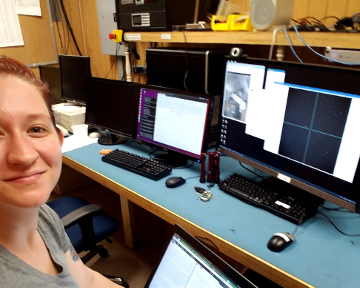
Even though they're generally tiny boxes, control rooms are my happy place.
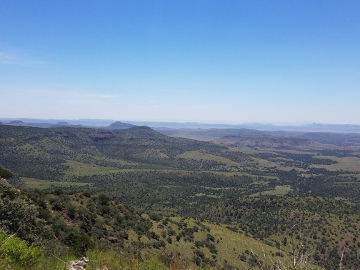
I mean... just look a this view.
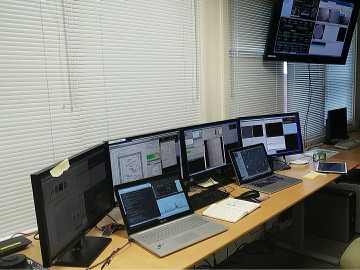
This is a view of the control room for the 10-meter Keck I telescope. Yes, it's a lot of screens and, no, it's not enough screens.
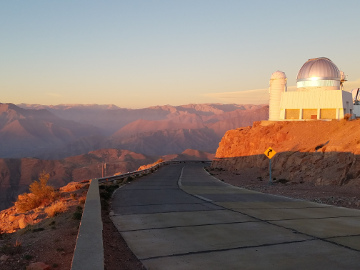
The sunsets at the Cerro Tololo Inter-American Observatory are incomparable.
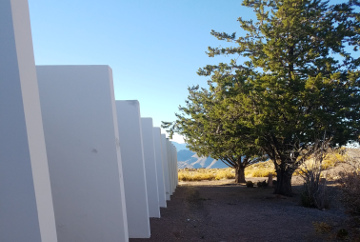
The Cerro Tololo Inter-American Observatory has beautiful lodging for astronomers. The water just may not be potable, so be sure to bring your own bottle to fill in the cafeteria! :)
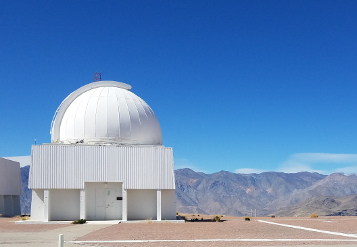
...
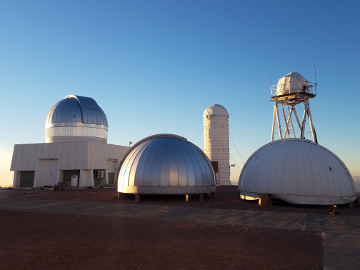
...
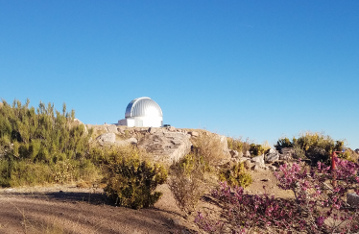
...
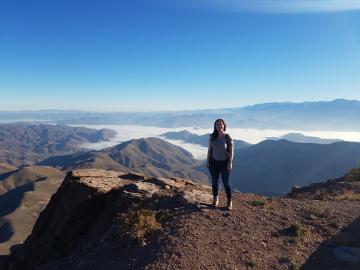
...
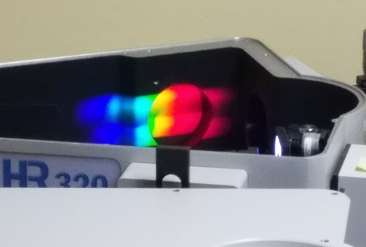
...
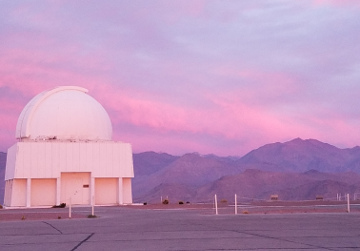
...
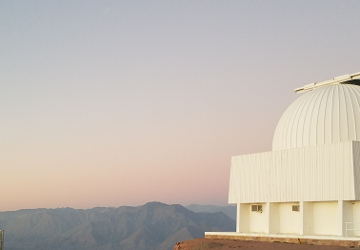
...
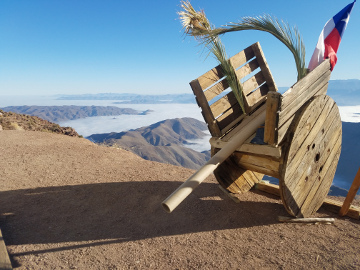
...
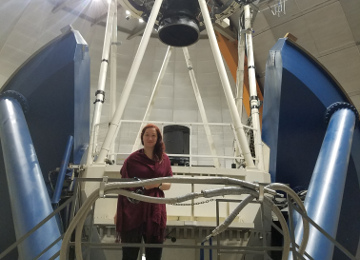
...
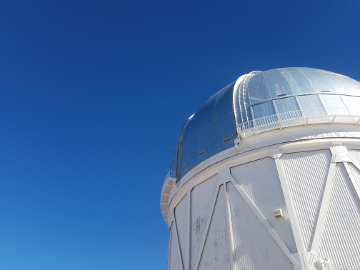
...
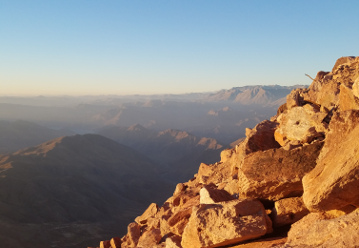
...
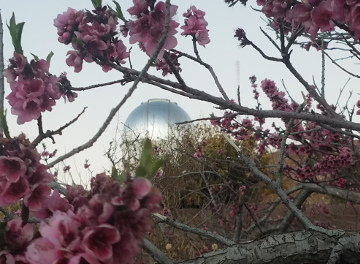
...
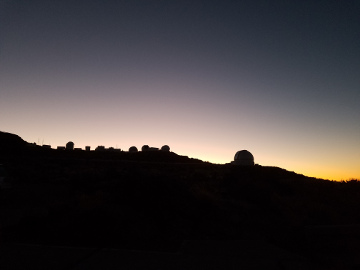
...
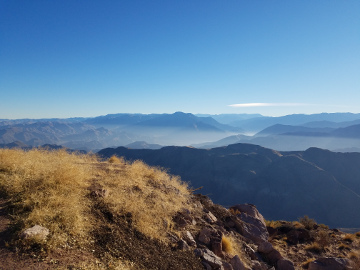
...
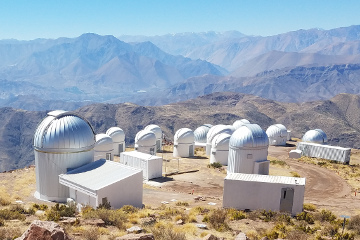
...
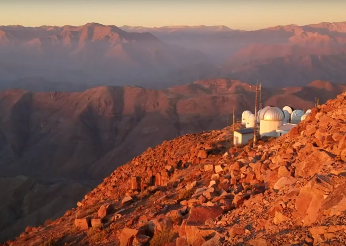
...
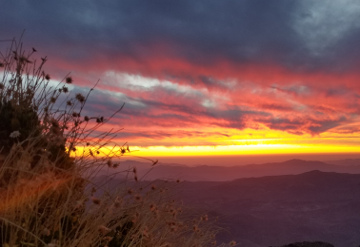
...
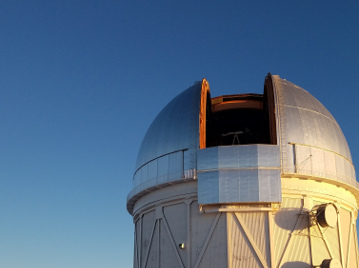
...
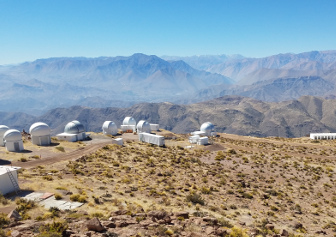
...
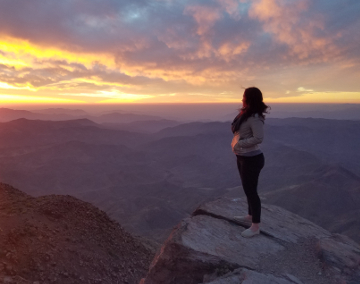
Photo credit: T. Prochaska
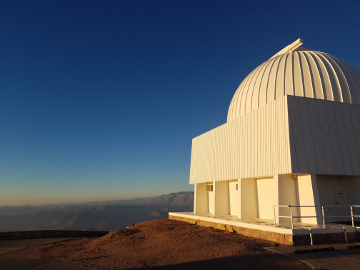
...
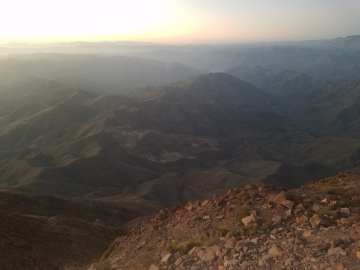
...